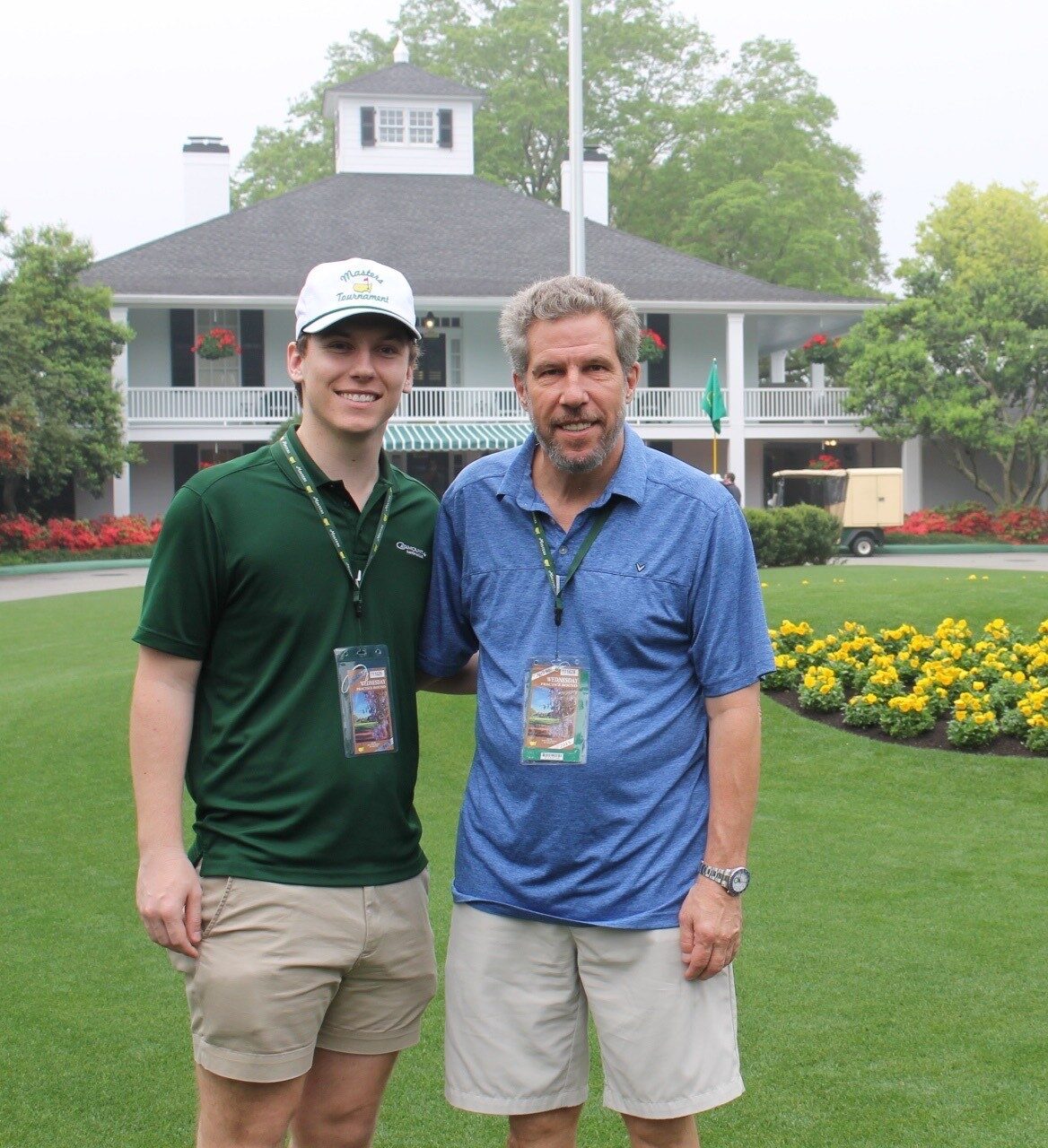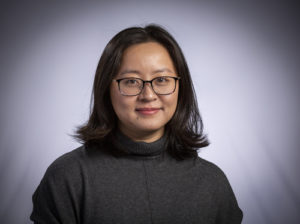
The Legacy
April 11, 2024
This is a guest post by Christopher Wood, Jr, son of the KCA’s late Board Chair and friend, Dr. Christopher…
Read More
Dr. Yuexin Xu received a 2021 Young Investigator Award for her project “Transcriptomic single-cell and spatial mapping of immune cell infiltration and tumor-associated endothelial cell heterogeneity in renal cell carcinoma.” Xu is based at the Fred Hutchinson Cancer Research Center in Seattle, Washington.
We spoke with Xu about her work and what it could mean for people with kidney cancer.
Briefly describe your research.
I’m excited to work on projects to elucidate the spatial heterogeneity of the renal cell carcinoma (RCC) microenvironment, especially characterize the cell-to-cell interactions, and address the possible mechanisms to explain why the local immune responses that are so diverse within RCC tumor and among patients.
During my Ph.D. study working on engineered-chemokine receptor and T cell migration, I’ve been fascinated by the number of different cell types and molecules of T lymphocytes encounter when migrating into the solid tumor along the way – the blood cells, endothelial barrier, pericytes, macrophages, various extracellular matrix components, stromal cells, and tumor cells. I’m always envisioning drawing a road map to clarify the interaction clues of different types of lymphocytes in tumors and understand how these clues differ between patients to impact the outcomes of immune therapy.
Yet the problem of conventional immunohistochemistry is the limit of gene number that researchers can probe in tissue, which could cause bias to the result—every group has their own favorite set of genes. With the recent development of in situ sequencing and barcoding technology, I’m so fortunate to be able to apply spatial genomics technology to depict the tumor microenvironment at high resolution.
Thinking of the different types of T cells and other things like NK cells, are we getting better at targeting specific elements of the immune system to enhance (or dampen) in order to be most effective against cancer cells?
I think so. With the recent development of single-cell RNA sequencing, researchers now can pinpoint what a single T cell does in a tumor microenvironment at unprecedented precision, therefore accelerating the therapeutic reagents discovery. For example, we now can select tumor-targeting T cell reagents that are specific to the RCC but not normal tissue, to fine-tuning of immune response possible. Our knowledge of the antigenic response in RCC is growing exponentially. Various T cell therapies have been applied to RCC patients targeting antigens that are specific to RCCs. To me, to refine the immune response that is specific and potent to tumor cells only is one of the most important goals that our future RCC immunotherapy is about.
What is the potential impact of better describing these elements of the TME for patients?
It has been discovered that the immune responses are so heterogeneous in RCC patients, that could be due to the unique local hypoxic environment of RCC that regulates the metabolic switches. Even within the same patient, we constantly saw an immune desert with few T cells infiltrate and regions full of T cells. Regulated by the local environment, certain regions of RCC tumor may evolve to lose T cell antigen expression, therefore, escape from the antigenic response elicited from immunotherapy. In addition, whether T cells can be directed to the tumor along the journey to the tumor, whether the cytotoxic T cells lose killing function are all regulated by the TME. Things like this directly impact the response to therapy.
What motivates you?
I can never forget the time when my Ph.D. mentor Dr. Minsoo Kim and I were staring at some two-photon T cell interstitial migration movies and I was so intrigued about the dark space these T cells were crawling along. That was the first time that I realized our experimental procedures could be so limited and selected to only reveal aspects the researchers would like to see.
Because of the modern sequencing technology, the volume of biological data grows exponentially. Facing the big-data era of immunology research, my favorite quotes coming from my current mentor Dr. Edus Warren: “Deep sequencing is not all that deep. If you don’t see a sequence, that doesn’t mean that it is not there. If you see a sequence twice, pay attention.” These experiences constantly remind me as a researcher, always to be humble to the unknown and be curious and vigilant to the things that we discovered.
Anything else you’d like others to know about you or your work?
My RCC work initiated by the philanthropy fund comes directly from RCC patients. I could never work on the project without support from the patient community, and I am eternally grateful.